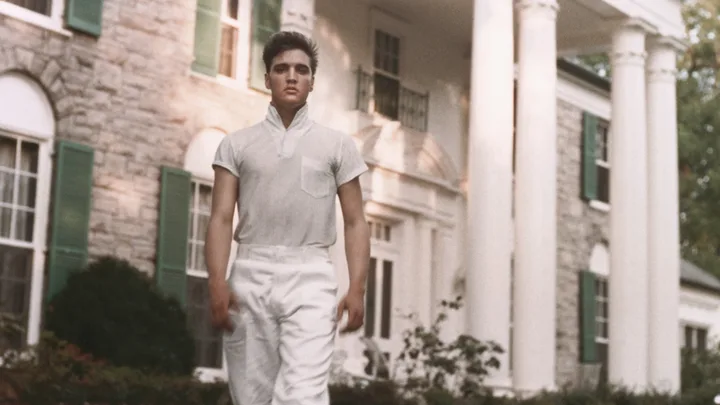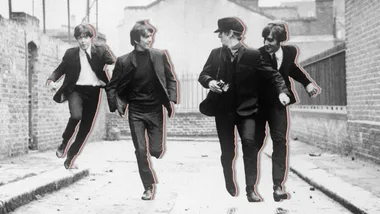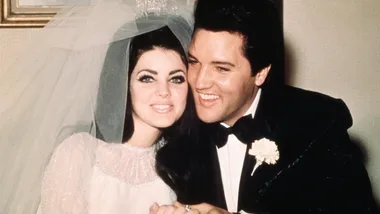The future of Graceland is up in the air after it was revealed that a Tennessee-based investment firm, Naussany Investments & Private Lending, has attempted a “non-judicial” and “fraudelant” sale of Elvis’ legendary property.
Naussany filed a claim back in September 2023 alleging that upon her death, Lisa Marie Presley owed US$3.8m on an outstanding loan and had listed Graceland as collateral. On May 19, the company allegedly attempted to proceed with an auction of Graceland which was halted by Lisa Marie’s daughter, Riley Keough, who inherited Graceland following her mother’s passing.
“Elvis Presley Enterprises can confirm that these claims are fraudulent,” Graceland said in a statement on Monday May 20. “There is no foreclosure sale. Simply put, the counter lawsuit has been filed is to stop the fraud.”
Riley was thrust into ownership of Graceland in light of her mother, Lisa Marie Presley’s tragic death in early 2023. Following Lisa Marie’s passing, Riley found herself in a lengthy legal battle with her grandmother, Priscilla Presley, over the fate of Graceland.
Whilst Riley ultimately won the legal dispute and was named the sole trustee of Graceland, it’s important not to forget that Elvis’ Memphis manor, and arguably his existence as a pop culture facet, would not exist without Priscilla Presley.
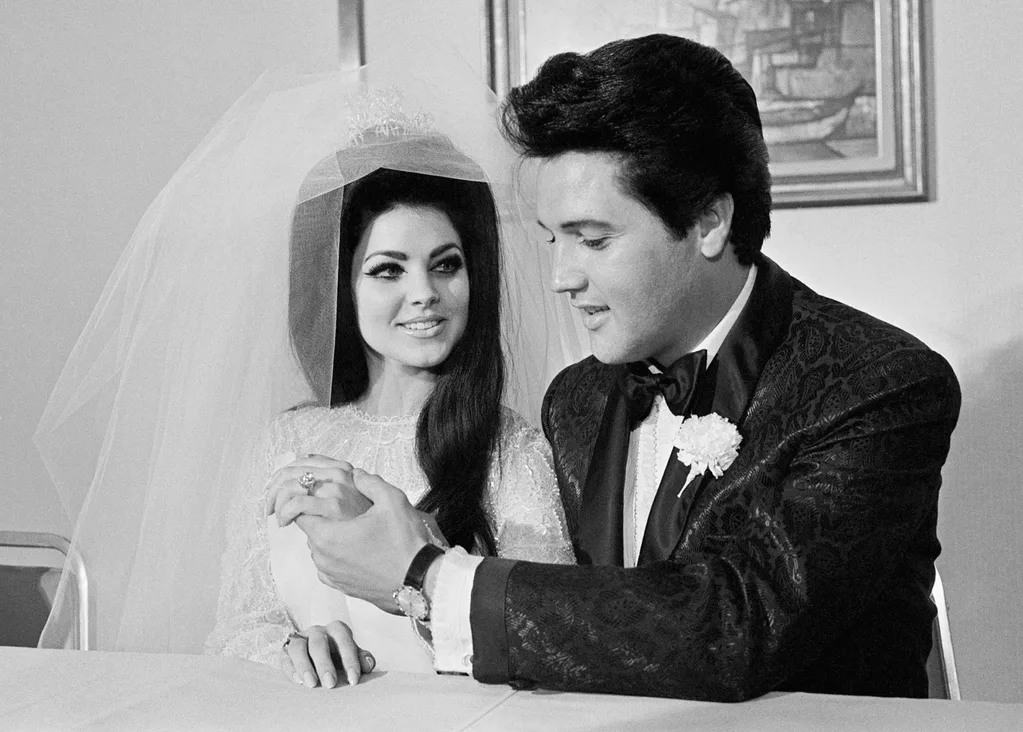
In 1957, at just 22 years old, Elvis Presley purchased Graceland for $100,000 as a respite from his new-found stardom.
Spanning an impressive 185,000 square metres and with a rich, deep history beyond Elvis, today, Graceland is the second most visited house in America – next to the White House. And whilst people flock all over the world to Memphis to see the home of Elvis, back in 1979, Graceland and the Elvis estate was a sinking ship.
Upon the death of his father Vernon Presley and grandmother Minnie Mae Presley, the entire Elvis fortune was left to the then 11-year-old Lisa Marie – who couldn’t access her trust until she turned 25.
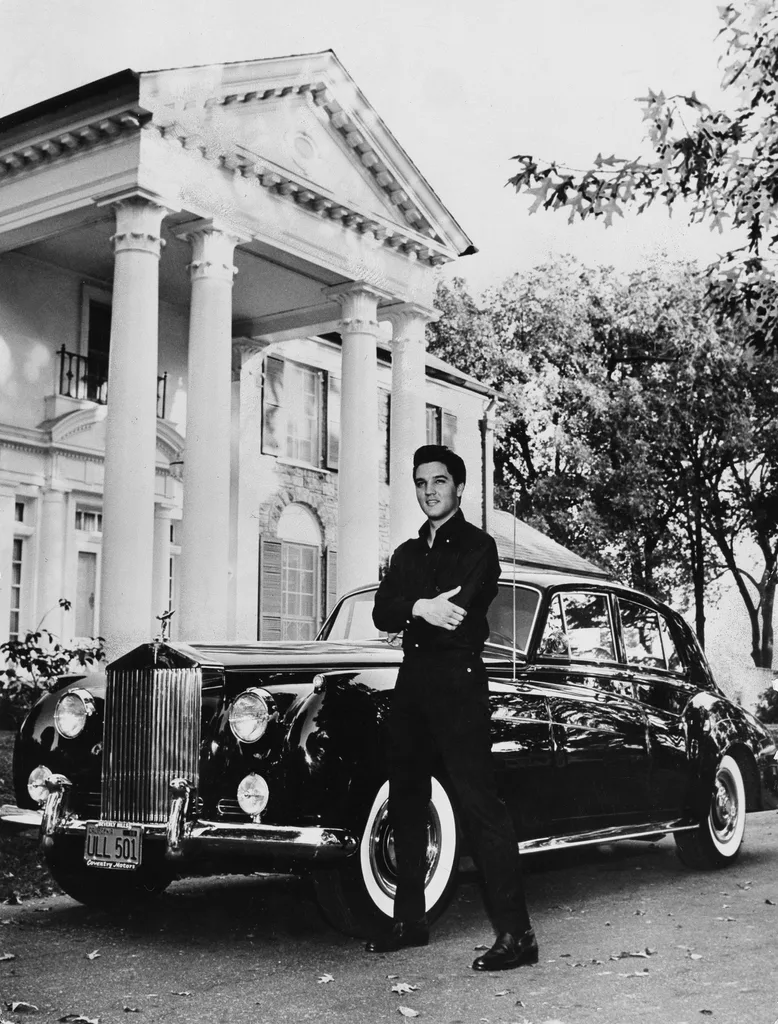
Priscilla stepped in to manage Elvis’ estate when quickly learned that everything – including Graceland – could be lost. Elvis’ financials were in complete disarray and though Priscilla had never been involved in the rocker’s financials during their six-year marriage, she was faced with the impossible task of saving the Elvis legacy.
“I worried about my daughter’s future and about Graceland and the people who had worked for us for 20 years. I couldn’t comprehend them not having jobs or a place to stay. The question I kept asking myself over and over was, ‘What are we ever going to do?’,” Priscilla recalled in an interview with the LA Times.
With more bills than money coming in, those around Priscilla were keen to sell Graceland. Priscilla was horrified by the thought of this. Much of the legend that was Elvis was built within the walls of the Memphis mansion.
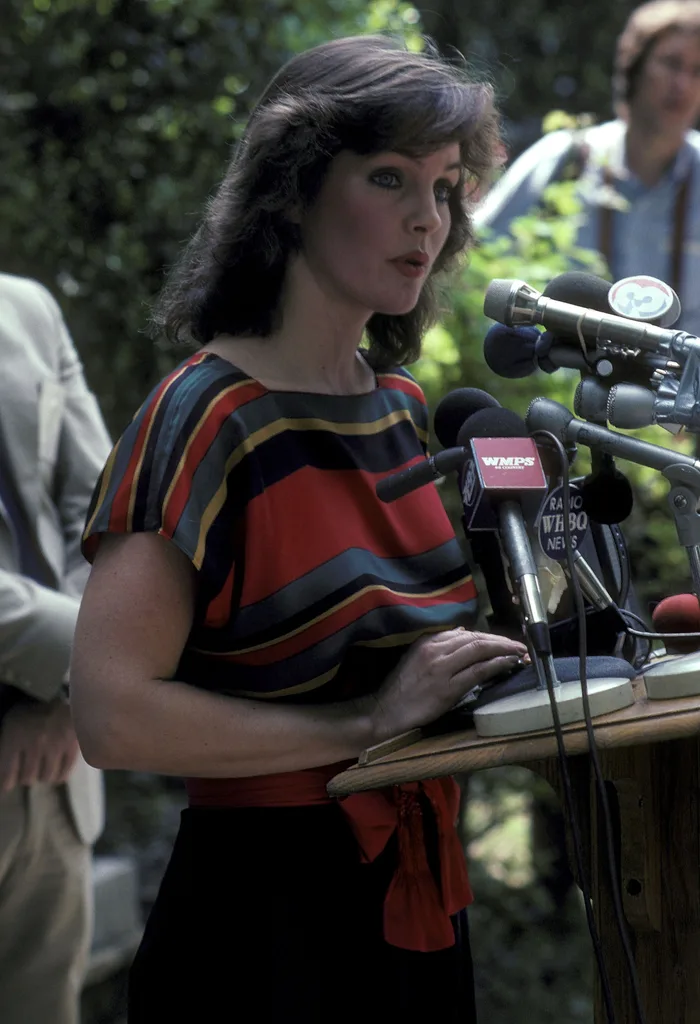
This is where Priscilla had the idea to turn Elvis’ former abode into a tourist attraction. Within just 10 years, the mansion-turned-tourist attraction was bringing in over US$37 million per year (adjusted for inflation).
Now, 46 years on, Elvis’ former home is a mammoth tourist attraction featuring tours of the mansion, interactive exhibits and an entertainment complex with museums, restaurants, gift shops. It is now thought that Graceland contributes some US$150 million to Memphis’ economy each year thanks to the continued dedication of Priscilla, the late Lisa Marie and other trustees.
Now, at the helm of her grandfather’s legacy, Riley Keough is tasked with preserving Graceland and the legend of Elvis for future generations to come as her mother and grandmother have done.
